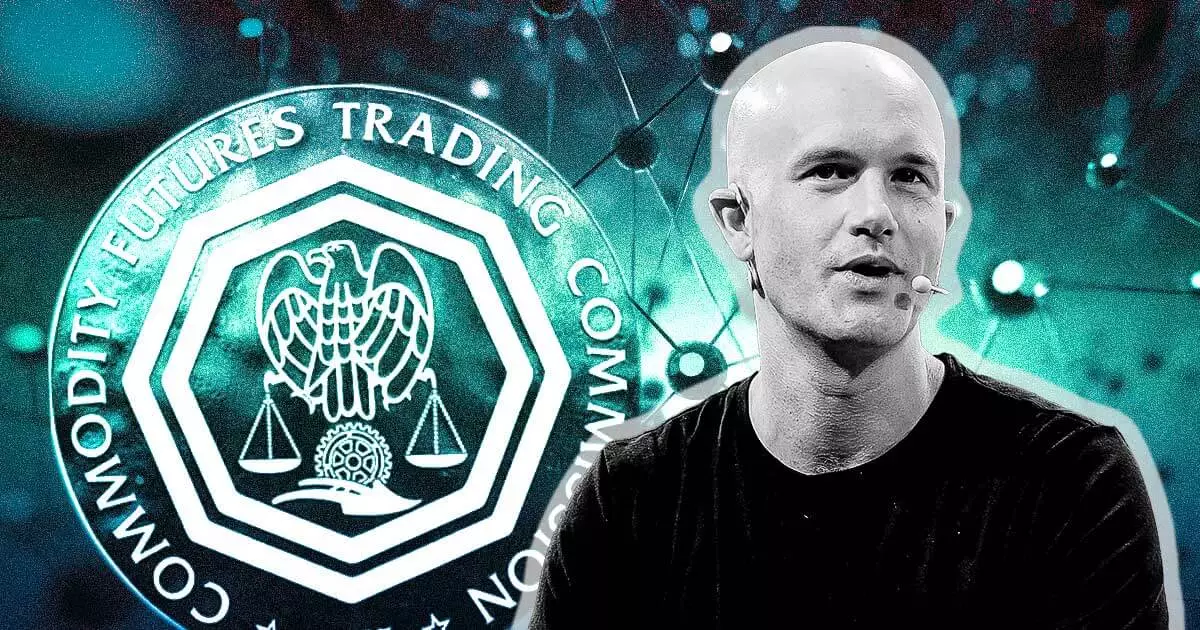Coinbase CEO Brian Armstrong recently spoke out against the United States Commodity Futures Trading Commission (CFTC), urging them not to take enforcement actions against decentralized finance (DeFi) protocols. Armstrong believes that it is highly unlikely that the Commodity Exchange Act applies to these protocols and suggests that the cases should be taken to court to establish legal precedent. He argues that the courts have a track record of upholding the rule of law and should be the appropriate venue for resolving such matters.
The CFTC recently filed unregistered derivatives trading charges against three DeFi protocols: Opyn, Deridex, and ZeroEx. According to the regulator’s director of enforcement, Ian McGinley, DeFi operators have wrongly assumed that unlawful transactions become lawful when facilitated by smart contracts. McGinley has publicly expressed concerns about the existence of unregulated DeFi exchanges, emphasizing that they pose a clear threat to the markets regulated by the CFTC and the customers that the commission is responsible for protecting.
The CFTC’s recent actions closely mirror the regulatory approach taken by its counterpart, the U.S. Securities and Exchange Commission (SEC). The SEC has initiated multiple enforcement actions against major cryptocurrency companies, including Binance and Coinbase. However, there has been growing criticism of the SEC’s approach, and many market observers are advocating for the oversight of the emerging crypto industry to be shifted to the CFTC.
While some believe that the CFTC would be a better regulator for the crypto industry, not everyone shares this sentiment. Gabriel Shapiro, general counsel for Delphi Labs, warns that the CFTC may be an even worse regulator than the SEC in this context. Shapiro argues that the CFTC has a strong understanding of crypto and DeFi, but it views DeFi as illegal for commodity derivatives in the United States. His concerns suggest that the CFTC’s regulatory approach may be stringent and potentially stifling for the industry.
As the CFTC continues to navigate the challenges posed by DeFi protocols, the industry awaits further clarification and guidance. The decentralized nature of these protocols presents unique regulatory challenges. Striking a balance between maintaining market integrity and innovation is crucial. The resolution of the ongoing legal battles and establishment of legal precedents will shape the future of DeFi regulation. Ultimately, finding a regulatory framework that ensures customer protection while fostering innovation will be essential for the sustainable growth of the DeFi industry.


Leave a Reply